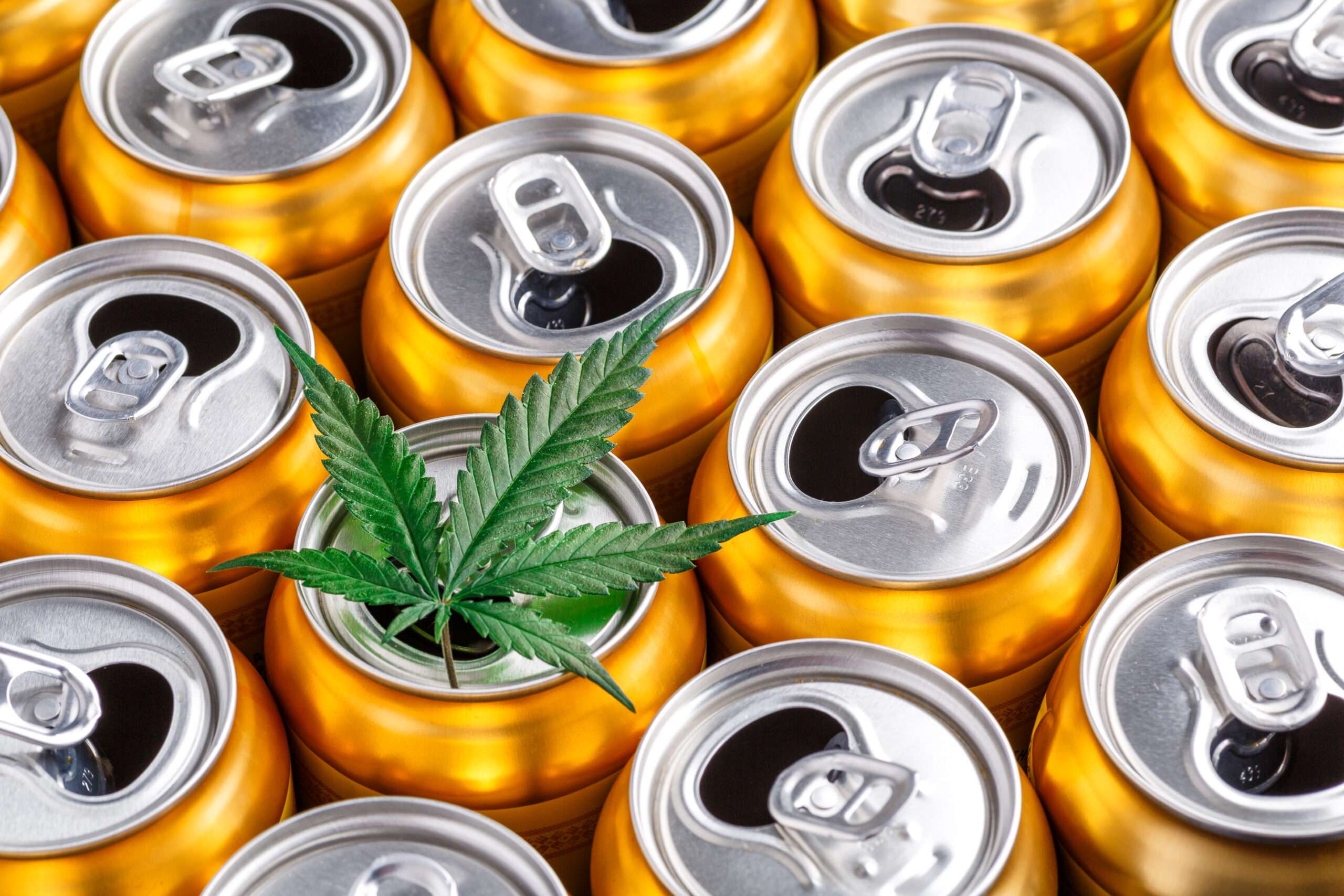Beer Industry Pushes for Stricter Regulations and Increased Taxes on Hemp-Infused Products
Recently, the Beer Institute, a trade group advocating for the American brewing industry, issued a set of proposals aimed at regulating intoxicating hemp products, particularly those containing CBD and synthetic THC. The group highlighted what it considers a significant issue: the unregulated market for hemp-derived products, particularly delta-8 THC, which emerged following the passage of the 2018 farm bill that legalized hemp with a THC level below 0.3 percent. Despite the federal legalization of hemp, the subsequent rise in products derived from it has created a chaotic legal landscape, with varying state regulations that often leave consumers and businesses in confusion. The Beer Institute’s proposals are positioned as necessary measures to protect both consumer safety and the beer industry’s interests, asserting that intoxicating hemp products differ fundamentally from alcoholic beverages.
The Beer Institute’s proposals include not only regulatory measures but also a significant federal excise tax on intoxicating hemp and cannabis products. This tax would be set higher than that for any alcoholic beverage, which emphasizes the organization’s desire to maintain a competitive edge for traditional alcohol products against emerging hemp-based alternatives. Additionally, the group seeks to prohibit the sale of intoxicating hemp and cannabis products in the same venues as alcohol, arguing that allowing co-location could lead to consumer confusion over product categories. The strong push for regulatory separation indicates the Beer Institute’s concern about losing market share in the face of increased competition from hemp-derived tokes, particularly as these products gain popularity in convenience stores and gas stations.
Furthermore, the Beer Institute remains neutral regarding the legality of marijuana itself, emphasizing that any decisions regarding the legalization of consumable cannabis should be left to voters, state legislatures, and Congress. However, it urges Congress to take decisive action against intoxicating hemp products, perhaps anticipating that a clearer regulatory framework could protect its members from the disruption of an unregulated market. It’s worth noting that the push for tighter regulations echoes historical instances where established industries, feeling threatened by newcomers, unite to advocate for their protection, even if under the guise of public health and safety concerns.
The dynamics of the Beer Institute’s proposals can be likened to the historical “bootleggers and Baptists” coalition, where disparate groups, driven by differing motivations, collaborate to push for restrictive regulations. In this case, the Beer Institute’s advocacy combines with concerns from certain legislators about drug use among consumers, creating a complex scenario where competition meets moralistic public health concerns. Such coalitions often result in regulations that may not fully reflect the most rational or equitable approaches to managing substances, potentially ignoring nuances that would benefit consumers.
Recent legislative movements in states like Florida further illustrate this tension between addressing consumer welfare and protecting industry interests. Attempts to ban certain hemp-based products, such as delta-8, were vetoed by state leadership amid worries of adverse effects on local businesses. It shows a growing recognition among policymakers that outright bans can lead to economic harm. The conversation around intoxicating hemp products is not merely about regulation for consumer safety, but also involves considerations about the broader economic landscape, particularly the ability of small businesses to thrive in an evolving market.
In conclusion, while there may be valid reasons for seeking regulations on intoxicating hemp-derived products to ensure consumer safety amidst a chaotic patchwork of state laws, the Beer Institute’s proposals should be approached critically. Regulatory frameworks must be rooted in consumer protection and public health, rather than merely serving the interests of established industries at the expense of new market entrants. Achieving a balanced approach that considers both consumer safety and fair competition in the marketplace should be the ultimate goal if Congress decides to revisit the legal status of intoxicating hemp products.
Share this content:












Post Comment